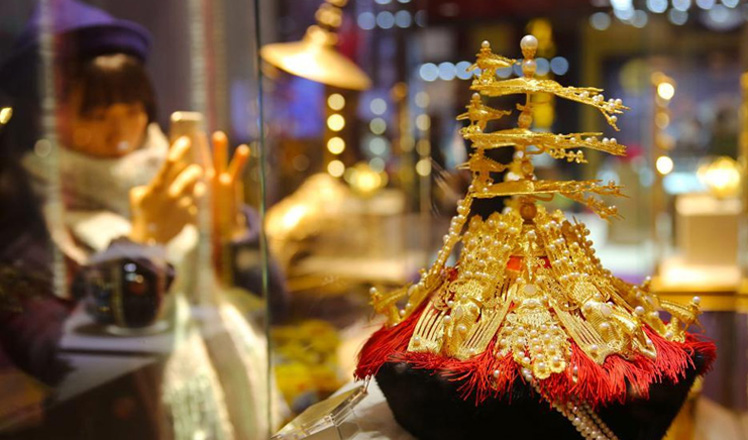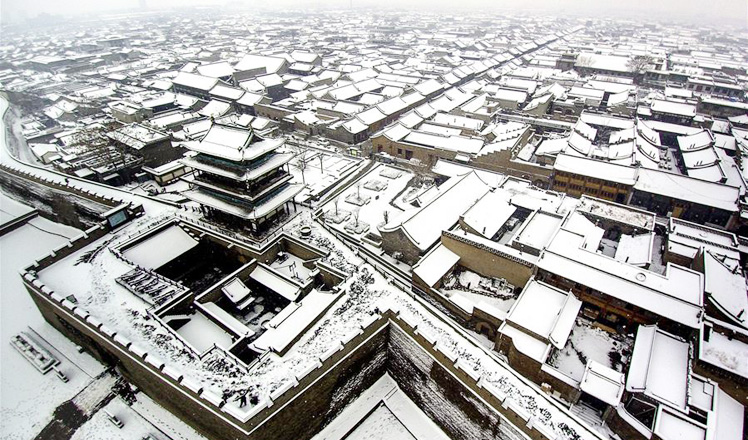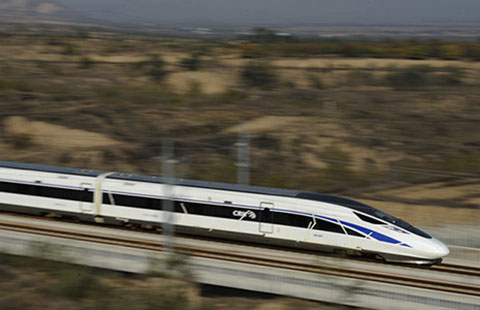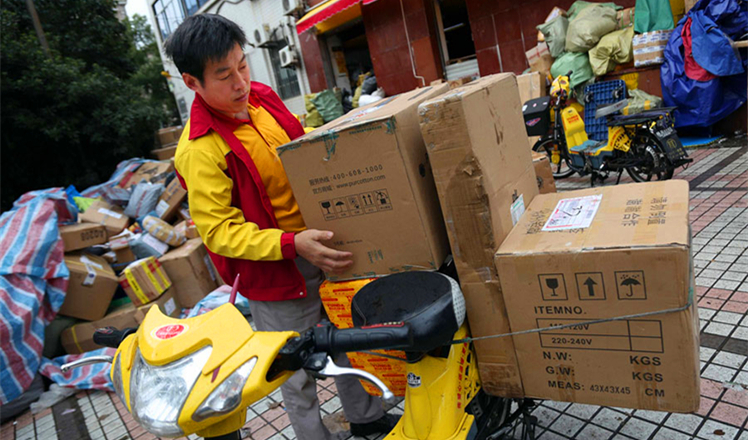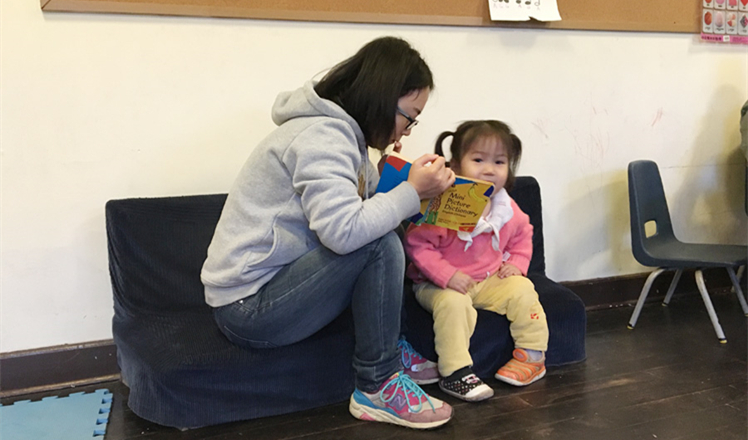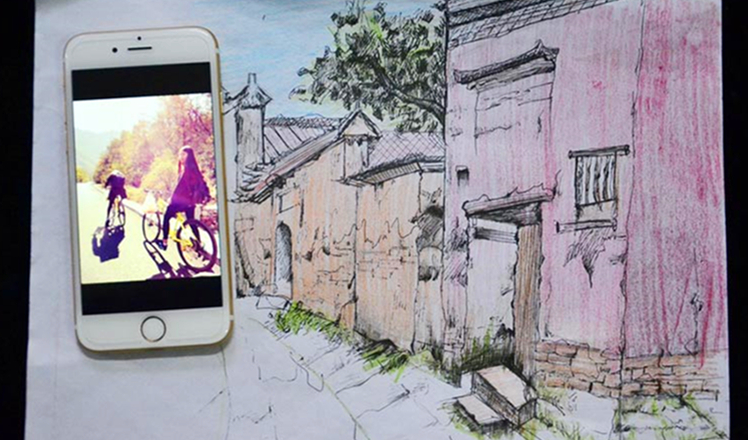Washington-based think tanks going Chinese
Updated: 2015-11-27 12:00
By Chen Weihua(China Daily)
|
|||||||||
Joint projects
In September 2013, the Atlantic Council and the China Institute of International Studies (CIIS) jointly turned out a report after a yearlong US-China joint assessment project. The report, China-US Cooperation: Key to the Global Future, concluded that any hopeful global scenario can only be realized if there is close cooperation between China and the US.
In a report co-written with Olin Wethington, Manning argued that the US needs a strategy for constructive engagement that leads to an inclusive and rules-based order that fosters prosperity and cooperation in Asia. "Neither US withdrawal nor aggressive containment is desirable," they wrote in the report titled Shaping the Asia-Pacific Future.
Manning said he might start another project on Northeast Asia, in cooperation with the China Institute for Contemporary International Relations (CICIR).
Joint research is common between US and Chinese think tanks. Paal said CEIP and the China Foundation for International and Strategic Studies (CFISS) have conducted joint projects on China-US crisis management for more than 10 years, each paying their own costs.
Robert Daly, director of the Kissinger Institute on China and the United States at Wilson Center, said his institute will join the CEIP and Luo Yuan of the PLA Academy of Military Science in a new US-China Security Perceptions Survey, a poll of elite and popular opinion in the two countries on comparative hard and soft power in 2016 and beyond.
While Luo has been regarded by some in the West as nationalistic and anti-American, Daly described him as "professional, collegial and a good partner."
CEIP and Luo's team did a survey on the subject in 2013, but Daly said that so much has changed under President Xi that "we have to do it again".
The Kissinger Institute was founded in 2008 and directed by former US ambassador to China Stapleton Roy, a highly respected expert on China and the son of a US missionary in China. Daly, who headed the Maryland China Initiative at the University of Maryland, took over in August 2013.
Daly acknowledged that his institute is small compared with Brookings and CEIP, so it has to focus on things that can distinguish it from others.
"There is a plan that requires funding. But I would say the trend lines are good because China is such an important topic Not everyone in the Wilson Center can say that," said Daly, who, like his predecessor Roy, speaks fluent Chinese.
Unlike most think tanks in Washington, the Wilson Center, which is ranked fifth among US think tanks, is housed in a wing of the Ronald Reagan Building, a federal office building. It receives about $10 million, or about a third of its annual operating fund, from a US government appropriation. Other funding comes from foundations, grants, corporations and endowments.
Asked if the government money has compromised the research, Daly acknowledged it's a reasonable suspicion. "But in fact, the answer is no," he said.
Non-partisan way
While Daly is paid by the US government, he has to raise money for his staff. "We can and we do criticize the government all the time. We have to do it in a non-partisan way," he said.
In an article entitled Foreign Powers Buy Influence at Think Tanks published in September 2014, The New York Times reported that the Atlantic Council has received donations from more than 25 governments outside the US since 2008.
But Manning, the senior fellow there, said there is a big emphasis on intellectual independence. "If there is funding from a particular government, we design the project and it doesn't influence our outcome or view in any way," he said.
Paal of CEIP also disagreed with the Times article, saying countries like Norway have no interest in buying think tanks; they just think it's more efficient to use US think tanks than starting their own.
The US leads the world with 1,830 think tanks, followed by China's 429, the UK's 287, Germany's 194 and India's 192. Of the US think tanks, about 400 are in Washington and another 150 in neighboring Maryland and Virginia, all in a bid to have the maximum impact on the government, lawmakers, the news media and the public.
The CEIP has an endowment in excess of $200 million that covers 50 percent of the cost, with the rest from major corporations, foundations and individuals.
The Carnegie-Tsinghua Cener is also funded by CEIP alone. Paal said the CEIP does not accept money from the Chinese government, but does accept donations from Chinese individuals not associated with the government.
- Britain's Cameron says time to bomb militants in Syria
- Russia accept full suspension from athletics
- Turkish and Russian FMs to meet in Belgrade
- S.Korea, DPRK agree to hold vice ministers' meeting for improved ties
- Avoiding escalation over Russian warplane downing
- Rights panel presses US over scientists' cases
Most Viewed
Editor's Picks

|

|

|

|

|

|
Today's Top News
Chinese president arrives in Turkey for G20 summit
Islamic State claims responsibility for Paris attacks
Obama, Netanyahu at White House seek to mend US-Israel ties
China, not Canada, is top US trade partner
Tu first Chinese to win Nobel Prize in Medicine
Huntsman says Sino-US relationship needs common goals
Xi pledges $2 billion to help developing countries
Young people from US look forward to Xi's state visit: Survey
US Weekly

|

|
